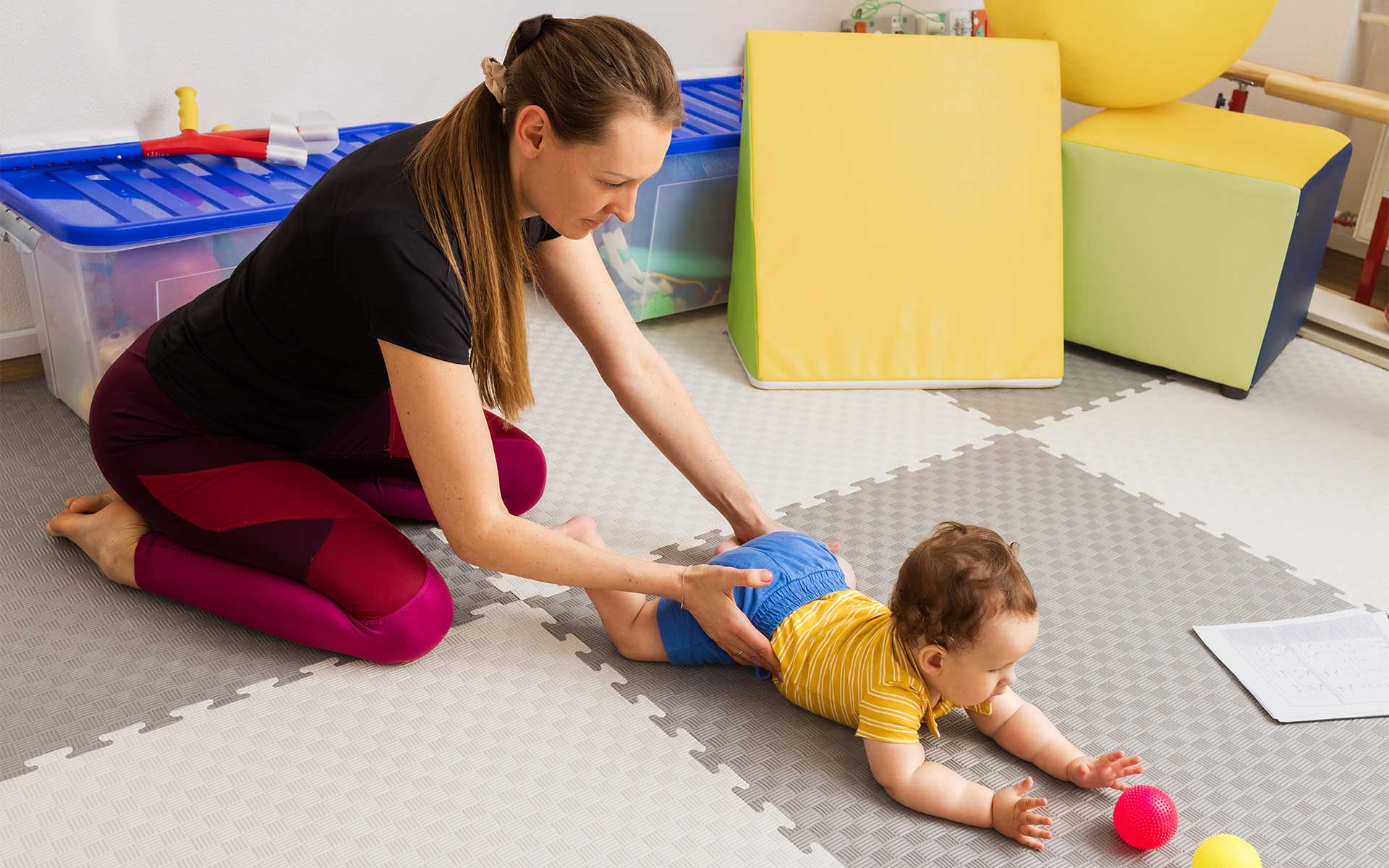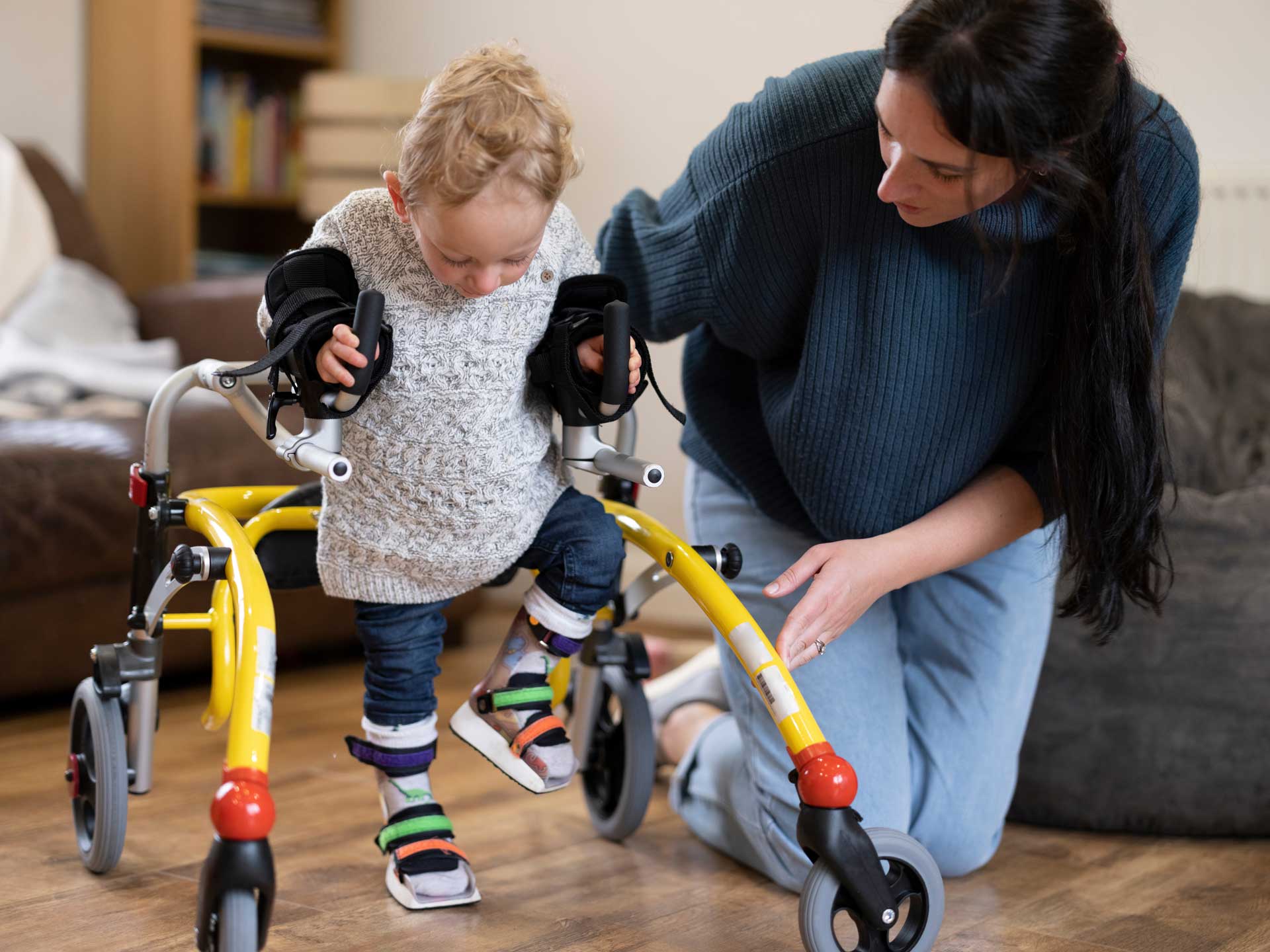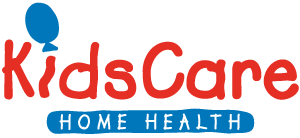
When a child isn’t hitting milestones as expected, it’s natural to feel concerned and unsure of the next steps. However, take comfort in knowing that one of the first steps is awareness, as this prompts action. By addressing developmental delays early on, we are helping children overcome challenges while giving them the best chance to thrive. Early intervention can make a world of difference, offering the support children need to reach their full potential.
Today, we’re discussing Neurodevelopmental therapy (NDT), how it works, and which children can benefit from neurodevelopmental therapy services. Developed by a neurologist and physical therapist to help treat individuals with movement disorders, neuro developmental treatment has been influential in shaping approaches to improving mobility and function in children and adults for decades.
What is Neurodevelopmental Therapy?
Neurodevelopmental therapy is a therapeutic approach used by physical, occupational, and speech/language therapists to help children with neurological disorders or developmental delays. Neurodevelopmental treatments were developed in the 1940s by Dr. Karel Bobath, a neurologist, and his wife, Berta Bobath, a physical therapist. The duo pioneered neurorehabilitation, developing neurodevelopmental movement therapy to help children with cerebral palsy and other neurological disorders.
How does Neuro Developmental Delay Therapy Work?
NDT therapy for neurodevelopmental disorders uses hands-on therapies to facilitate functional movement. This type of therapy promotes guided and facilitated movements as a form of treatment by establishing stronger connections in the body’s tactile, vestibular, and somatosensory receptors. These receptors play crucial roles in how children navigate and interact with their surrounding environment safely and effectively.
During a typical session, children are given a set of neurodevelopmental therapy exercises, e.g., specific movements, to perform for approximately 5-10 minutes. The therapist (and/or a caregiver) helps guide the child through the movements in each session and records progress at regular intervals. These neurodevelopmental therapy techniques are typically practiced on a daily basis unless otherwise instructed by the therapist.
Neuro Developmental Therapy can help children with:
Cerebral Palsy
Cerebral Palsy, one of the most common forms of motor disability in children, is a group of disorders that impact mobility, balance, and posture. Although the symptoms of cerebral palsy vary, they generally affect motor control and mobility. Despite neurodevelopmental therapy originating as a treatment for adults (for issues often resulting from strokes), therapists quickly recognized its effectiveness for helping children with cerebral palsy as well.
Dyslexia
Although Dyslexia is primarily a language-based learning disorder, neuro-developmental therapy can help children with dyslexia by improving motor coordination skills linked with reading and writing difficulties. For example, neurodevelopmental delay therapy can help enhance fine motor skills essential for writing and improve postural control, which supports better concentration and engagement in learning tasks.
Dyspraxia
Dyspraxia or Developmental Coordination Disorder (DCD) affects children’s motor coordination and planning. In these cases, neuro developmental treatment focuses on improving the child’s ability to plan and execute movements. Using the guided, hands-on techniques associated with NDT, therapists can help a child’s ability to perform everyday tasks by developing more efficient motor patterns and improving balance and coordination.
ADD/ADHD/Aspergers
Neuro-developmental treatment (NDT) can support children with ADD, ADHD, or Asperger Syndrome (a condition on the autism spectrum) by addressing associated motor and sensory processing issues by improving body awareness, balance, and coordination. Using NDT to address issues related to ADD or ADHD can help reduce hyperactivity or impulsivity. For children with Asperger’s, neuro developmental treatment supports better motor control development and social engagement through activities that require turn-taking, sharing space, and responding to physical cues.
Enuresis
Children affected by enuresis, e.g., involuntary urination or lack of bladder control, who demonstrate co-occurring motor challenges may benefit from NDT. In these cases, a neurodevelopmental treatment (NDT) approach can help improve overall body awareness and control – thereby indirectly supporting better bladder control by enhancing the child’s ability to recognize and respond to bodily signals.
Although neurodevelopmental therapy is primarily associated with conditions affecting motor control, like cerebral palsy or dyspraxia, therapists often employ NDT in their holistic approach to the treatment of these conditions and more.
What are the Benefits of NDT?
As a problem-solving approach to treating motor challenges, a neurodevelopmental treatment (NDT) approach offers several benefits to children experiencing developmental delays related to central nervous system disorders, e.g., motor and sensory processing.
- Helps children with cerebral palsy by improving posture control and movement when working against gravity.
- Helps deter further impairments and abnormal movement patterns by incorporating functional movements on optimal postures into daily activities.
- Improves movements by utilizing key points of control.
- Improves a child’s quality of life and social engagement by helping them adapt and find new ways to manage tasks when things aren’t working as they should.
What to Expect from an NDT Therapy Session

As children grow, specific fine and gross motor skill developmental milestones are expected. However, early intervention is critical to ensuring they reach their full potential when these milestones occur much later than expected or not at all. In cases where neurodevelopmental therapy techniques are recommended, here is what the process generally entails.
Initial Assessment and Goal Setting
The therapist begins by assessing the child’s motor abilities, muscle tone, posture, and functional skills, which helps them understand the child’s specific needs and challenges. Next, based on the assessment, the therapist sets individualized goals designed to improve the child’s motor skills and functional abilities.
Hands-On Therapy
Therapists use a mixture of guided movement and activity-based techniques during neuro-developmental treatment sessions. The guided movements typically involve hands-on techniques to guide and facilitate the child’s movements, including positioning the child’s body, providing support, or gently guiding their limbs to promote more effective movement patterns.
Activity-based techniques involve engaging in activities designed to practice specific skills, like exercises to improve balance, coordination, or fine motor skills.
Parent/Caregiver Involvement
The therapist explains the techniques and strategies used during the session to parents and caregivers, helping them understand how to support their child’s development outside sessions.
Feedback and Progress Tracking
Therapists document session outcomes and provide feedback on the child’s progress and any changes observed since the last session. Based on the child’s response to therapy, the therapist may adjust the goals or techniques to meet the child’s evolving needs.
Encouragement and Support
Neurodevelopmental therapy sessions are designed to be engaging and motivating for the child in a positive and supportive environment. Therapists also support and encourage parents and caregivers, helping them feel confident in their role in their child’s therapy and development.
It’s important to remember that each child is different, and individual neurodevelopmental treatment sessions will unfold according to their specific needs. Also, NDT is dynamic, meaning it evolves as the child progresses or new research and techniques around the principles of neurodevelopmental therapy emerge.
Neurodevelopmental therapy services are most effective when started early, but they can be beneficial at any stage of a child’s development. If you suspect your child can benefit from NDT, KidsCare Home Health can help. We specialize in pediatric home health services for children with special needs, offering speech therapy, physical therapy, occupational therapies, and pediatric nursing for children across the country in the comfort of their own homes.
Remember, you’re not alone on this journey—our neurodevelopmental-trained therapists will guide and support you every step of the way.















